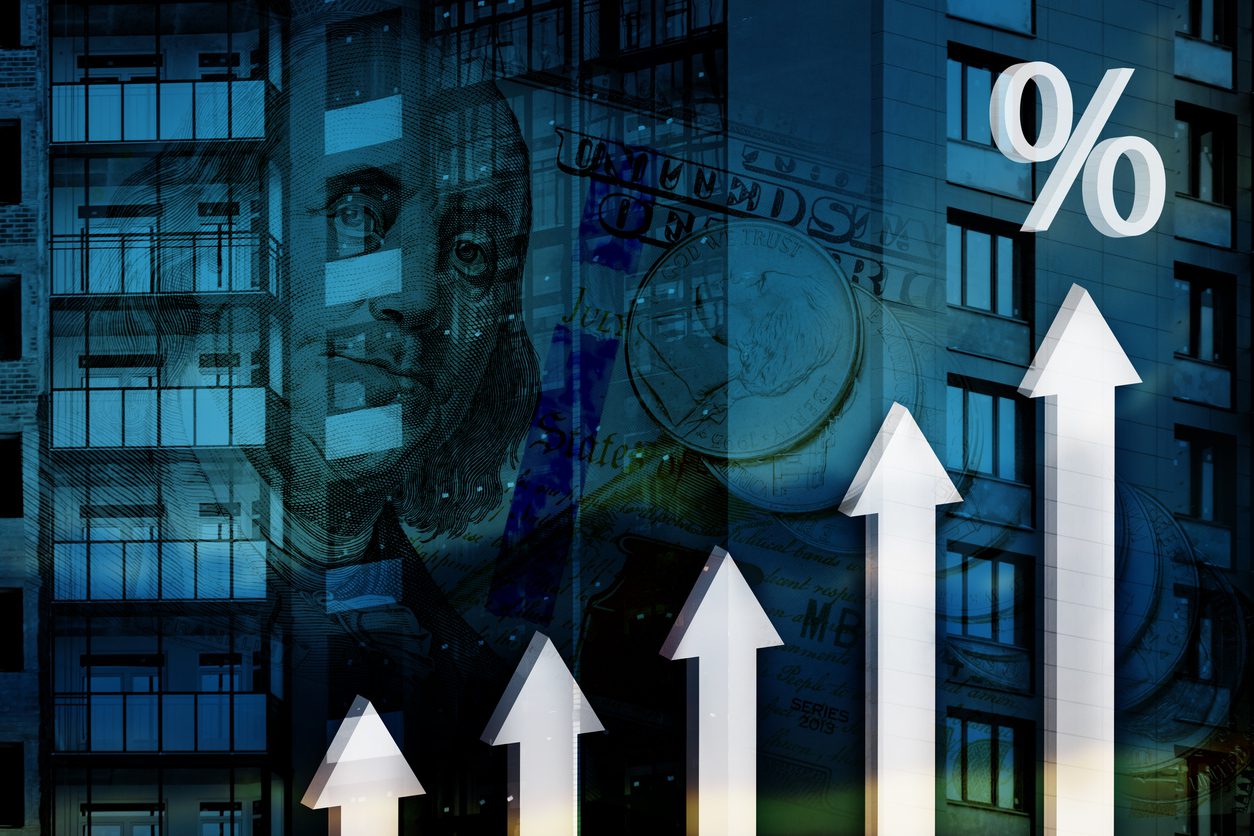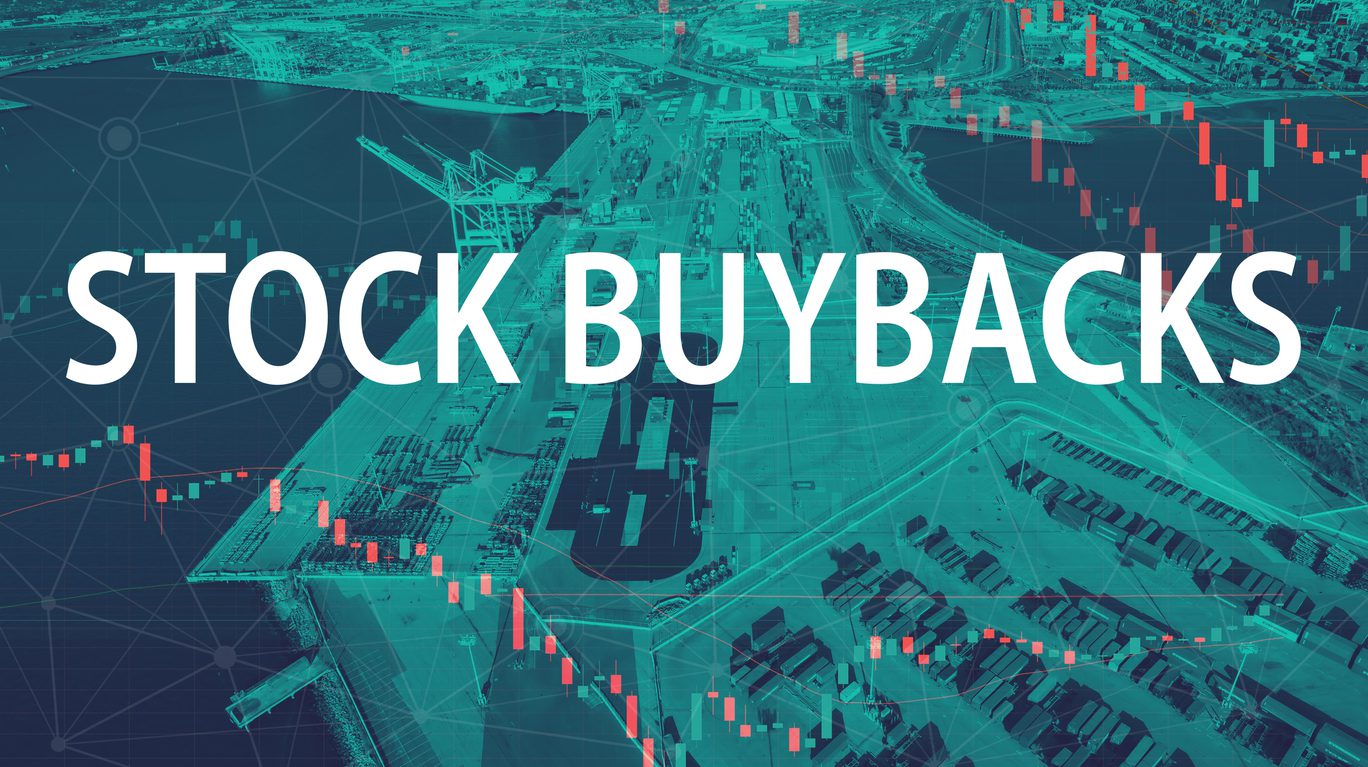It’s no surprise that understanding the stock market, and investing in general, is intimidating and confusing to new investors. People who want to start investing and become financially independent are faced with a dilemma when it comes to finding financial education – There isn’t enough of it, it’s far too complicated, or it has little relevance to their own situation.
However, with recent leaps in technology providing even the newest investors access to news, information and software, the playing field is becoming increasingly level and providing individual investors a real shot of successfully participating in the Stock Market.
Even still, the Stock Market is still a complex and often volatile arena and a lot of new investors end up going through devastating experiences that could have been avoided with a little education and precaution.
So, if you are new to investing and want to make your money work harder for you, getting a better understanding of the stock market can be crucial to your success.
What is the Stock Market?
At a very basic level, the Stock Market is literally a marketplace where investors can buy, sell and trade small pieces of a public company’s assets and earnings. These stocks are traded on exchanges.
You may be familiar with the New York Stock Exchange (NYSE). This is by far the largest Stock Exchange in the world, accounting for almost $19 Trillion in market capitalization or about 27% of the total market for global equities.
However, there are actually 60 major stock exchanges throughout the world, varying in size with the tiniest exchanges existing in Malta and Bermuda and hold just a few billion in market capitalization.
Difference Between Stock Market and Econonmy
Understanding the stock market often starts with a realization that the stock market is not a temperature gauge of our economy,
It is often a misconception that when the Stock Market is up, the economy is good and when it’s down, the economy is bad.
The reason most Americans look at the Stock Market as a proxy for the economy is primarily a historical one, dating back to the great Wall Street crash of 1929. During this time, the S&P dropped more than 80% which led to the Great Depression. Since then, the Stock Market and health of the economy have become synonymous. Fast forward to today, and that concept could not be more wrong.
In April of 2020, over 20 million people lost their job due to the COVID pandemic, yet the same month, the S&P had its best month in over 30 years. You don’t have to look any further than this example to see that the markets and economy are increasingly detached from each other. There are several reasons for this.
- The Economy is reactive while the markets look to the future. The economy can easily be impacted by global events such as the one we experienced with the COVID pandemic. These events can trigger ripple effects felt throughout multiple industries, such as travel, retail and healthcare. While the markets react to these events as well, it’s for a shorter time and investors quickly bake in these impacts while looking toward future recovery.
- The companies trading on the S&P 500 are massive, global corporations that have huge margins and can withstand any social or economic turmoil brought on by events such as a pandemic, war or political elections.
- The S&P 500, as an index, is weighted toward the bigger companies. So, while smaller companies listed on the S&P have experienced declines in 2020, the biggest companies, such as Apple, Amazon and Microsoft, have gained around 10%. This weighting has moved the entire index into the positive.
How are Stock Prices Determined
Supply and Demand. Now, obviously, certain factors can impact a stock’s price in short term time frames, but the true value of a stock is determined by how much people want a product vs. its availability.
High Demand
Take Amazon and Netflix. These two companies have revolutionized the day to day lives of people all over the world. They made shopping and streaming entertainment as easy as clicking a button.
During the pandemic, their stock prices soared? Why? Because people were stuck and home and the demand for online shopping and streaming entertainment went through the roof. Over the past five years, Amazon (AMZN) stock price has risen 600% to all new highs in 2020. During the same time, Netflix (NFLX) stock price has grown nearly 430%.
Low Demand
Now, let’s look at the price of a stock that has very little demand. A company called Transocean (RIG) specializes in ultra-deep-water drilling, which, let me tell you, no one is asking for these days. Not only has the world created an oil supply-gut by moving away to cleaner energy sources but deep-water drilling is an outdated and expensive practice. That’s why Transocean has realized a near 90% drop in stock price in the past 5 years.
When choosing a stock to invest in, understanding its fundamentals is a major part of the decision factor. But looking at the future trends of society and the economy will determine if that company is going to satisfy a demand or solve a problem. If it looks like it will, that could become a market leader and make investors a lot of money.
Why Do Companies Issue Stock
So, why would a company decide to become a Publicly Traded Company? The same reason you would buy one of their stocks…to make money. Whether the company wants to pay down debts or expand their business, going public can allow the company to make enough money to do so.
If a company decides to become public, they go through a lengthy process called an IPO or Initial Public Offering. Once they IPO, they can now sell shares of their stock to the public. If the company has 1 million shares available for purchase and each share is valued and then purchased at $20, the company will earn $20 million.
It also means, that every person who bought a share, now owns a stake in that company.
Benefits of Investing in Stocks:
The Stock Market is the #1 wealth creator in the world. People have become millionaires through smart investing in the stock market and those types of opportunities abound if you take the proper steps to educate yourself prior to investing your first dollar.
Take a glance at some of the pros and cons of investing in the stock market:
- You could easily outpace a savings account: The average APY on a savings account is .6%. That means if you had $10,000 in a savings account, you could make $60 on that in a year. However, if you took that $10,000 and just invested in the SP 500 ETF, SPY, you would have made 21% in the past year. Math doesn’t lie.
- You can start investing with as low as $1: New Online Investment Apps now offer $0 account minimum and no fees per trade. This is a far departure from the brokerages from the past. Some people would say, fees are a good deterrent from over-trading but providing accessibility to new investors without gouging them on trade fees or account balance is a positive development for online brokerages.
- You can find an investing strategy to fit your style: Whether you are a risk taker by nature or like to keep your feet on the ground, there is an investment style for everyone. Perhaps trading options becomes your preferred style or you decide to invest in gold; anyone can become a savvy investor as long as they do it in a way that matches their style.
Disadvantages of Investing in Stocks:
- It can be an emotional roller coaster: The Stock Market is volatile. There are going to be corrections in the market along the way and you will see your investment capital dip. It can be a tough pill to swallow, especially for new investors but every investor goes through it and it’s important to stay on top of your investments, don’t overreact and seek guidance from reputable sources
- It’s easy to get swept up in new trends or aggressive investing: You can’t throw a hammer without hitting a new advertisement of someone on a private jet shouting at you that they have a secret formula for trading. While, you could make a lot of money as a smart and sound options trader, if you don’t educate yourself on the risks vs. rewards, you can lose a lot of money quickly simply by getting caught up in the hype.
- You need Patience: Not only does it take time to become an educated investor, it takes time to actually realize significant returns on your investment. If you don’t have the patience to watch your investments grow over a period of years, you could make a reactionary move that could cost you a lot of money.




